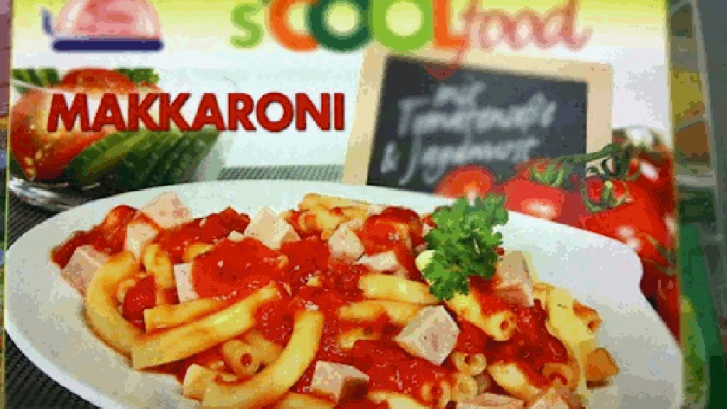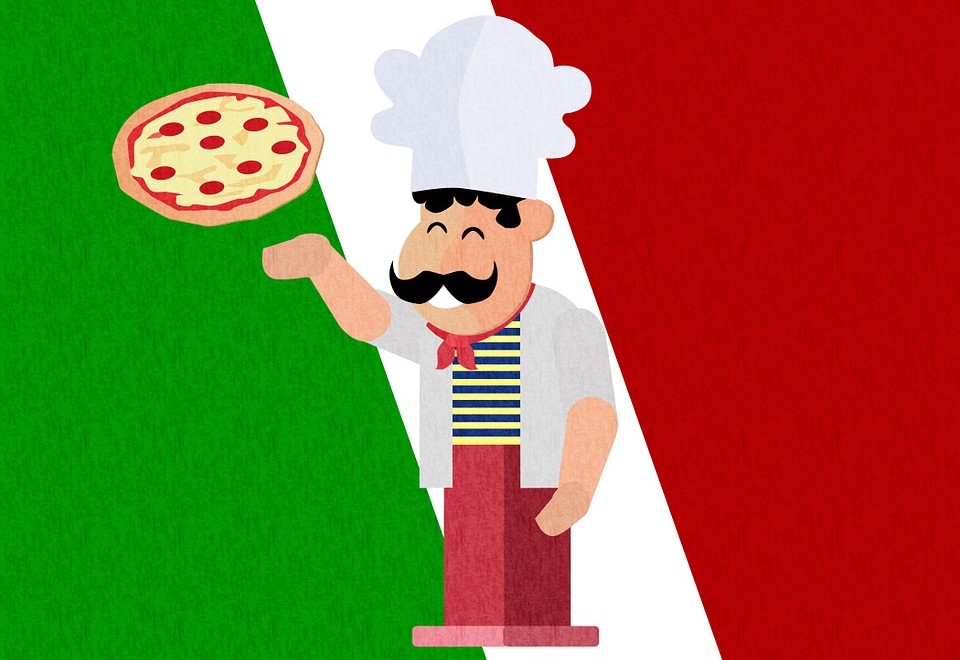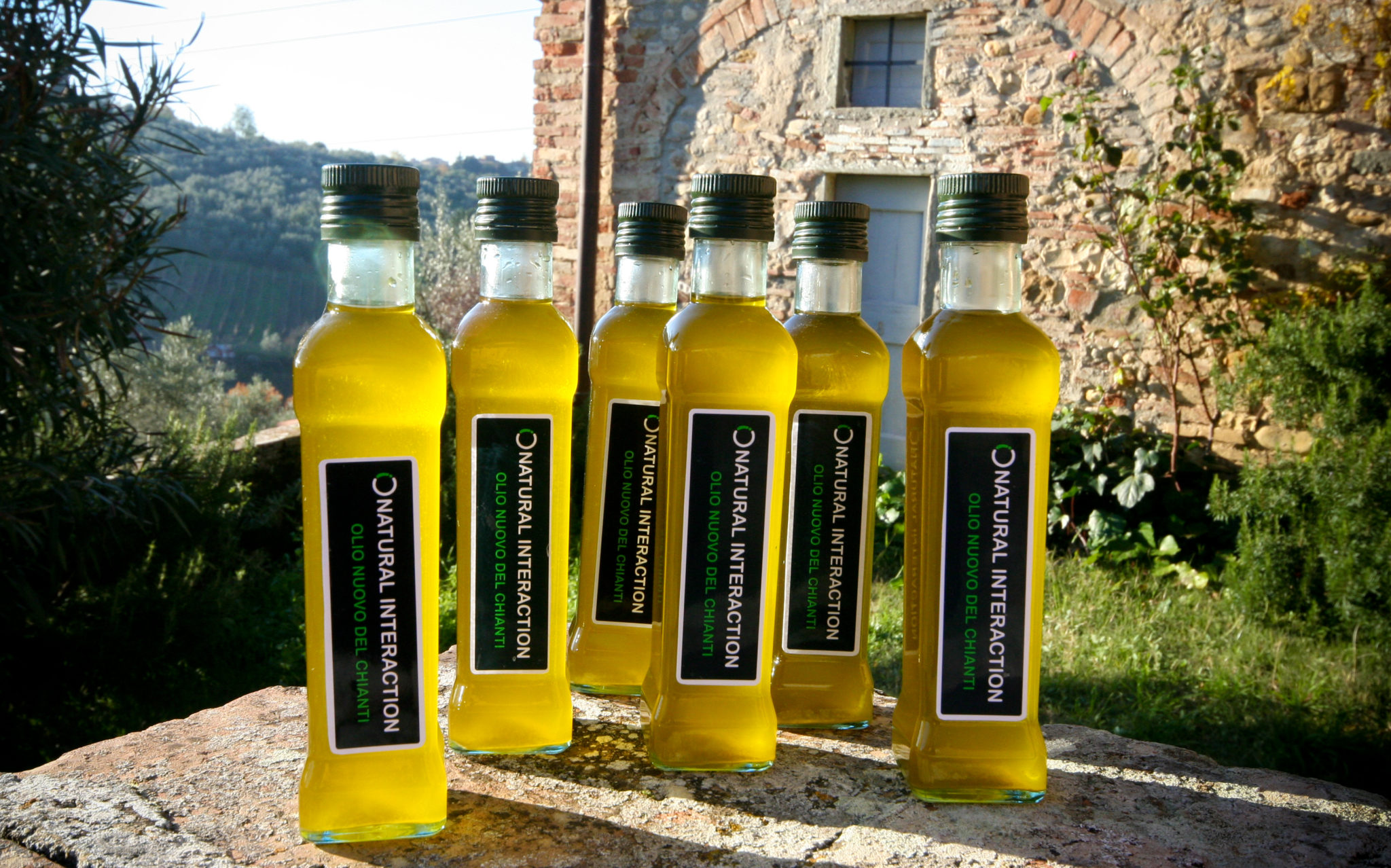 26 November 2018
Intellectual Property Unit / News_it/en
0 Comment
26 November 2018
Intellectual Property Unit / News_it/en
0 Comment
ITALIAN SOUNDING and protection of agri-food made in italy
Food products made in Italy represent a fundamental component of our economy and contribute considerably to the flow of national exports. However, in supermarkets all over the world, for every authentically Italian product there are several that smuggle up false origins, going to exploit images, denominations and brands that “sound” like Italians. The phenomenon in question is called Italian Sounding and consists of giving an Italian image to a quality food product that is not actually Italian; it is achieved by using, on the packaging of goods produced abroad, of Italian words, images (such as the Colosseum, the Tower of Pisa etc …), misleading colors and expressions that recall an Italian origin; by this way, foreign consumers are misled about the real provenance of these products.
These behaviors are often considered lawful in foreign countries affected by the phenomenon, such as the United States. To reinforce the deceptiveness of the messages, labels are often characterized by a geographical reference to known Italian places, accompanying them, in the descriptive part, with expressions such as “genre”, “style ..”, “according to tradition ..”, “according to the typical recipe .. “.

From a legal point of view, Italian Sounding differs from counterfeiting; the latter, in fact, mainly concerns the violation of the registered trademark, designations of origin (DOP, IGP, etc.), logo, design, copyright, up to the infringement of the product itself, with implications of productive character and considerable difficulties in the traceability of the supply chain that determine serious consequences related to the use of ingredients harmful to health or to the use of unsuitable production and / or storage procedures. If the infringement can be punished, the same solution does not apply to the Italian Sounding; the latter, unlike counterfeiting, consists in a merely evocative phenomenon, in a reference to the italianness of the product, leading the consumer to mistakenly associate the local product with the authentic Italian one. The most affected Italian products are: cheeses, pasta, tomatoes, oil, wine, balsamic vinegar, pizza, until with polenta. Among the most famous examples of Italian Sounding we have Parmesan, who imitates Parmigiano Reggiano, Mozarella, which is falsely sold as buffalo mozzarella, Salsa Pomarola, sold in Argentina, Zottarella produced in Germany, and Dutch Spagheroni.
A fundamental point in the fight against the phenomenon of Italian Sounding was obtained in the EU when, in December 2014, the new EU Regulation 1169/2011 on consumer information became applicable, thanks to which it is possible to implement a more effective enforcement action. The law establishes that the indication of the origin of the food must necessarily be affixed to the label in the case where the omission of this indication may mislead the consumer about the country of origin of the food, in particular if the information accompanying the food or contained in the label may suggest that the food has a different country of origin.
In Italy, to counter the phenomenon of Italian Sounding, Federalimentare has been directly involved in numerous working groups and has taken part in many initiatives in close coordination with Ministries, Institutions, and private public authorities. On several occasions, Federalimentare presented a proposal divided into 4 substantial points:
- strengthening of regulatory instruments and establishment of a network of reference law firms charged to the Public Administration;
- insertion of clauses to protect products (such as, for example, brands, Designations of Origin and Geographical Indications) within the bilateral free trade agreements, as well as clauses that prohibit evocation;
- strengthening participation in trade fairs and strengthening relations with the main players in the large-scale retail trade in order to ensure the presence of authentically Italian products on the foreign markets;
- realization of information and communication campaigns, as well as information events aimed at promoting the true value of the “really” made in Italy product and increasing the protection of the final consumer.

Still in Italy, another important initiative about the contrasting this phenomenon, is the Authentico App; by scanning the bar code on the package, lets you know instantly if the product is authentic Made in Italy or if it is of an imitation. This tool, completely free, also provides information on the origin, the manufacturer, the sales points and, in the case of a fake Made in Italy, allows you to send an appropriate report to other users in order to avoid repetition of deception. Protecting Italianness also requires a policy that enhances the resources and attractiveness of our country and promotes a synergistic approach based on a close and operational collaboration between public institutions, the world of associations and private authorities. Like Federalimentare, in fact, the other control authorities and consumer associations have the right and the duty to engage in adequate initiatives aimed at enhancing the merits of Italian agriculture and therefore reducing the distortion of the concept of “Italian product” and ” Italian cuisine “, countering the consequent loss of image of our gastronomic culture in the world.
Fabiano DE LEONARDIS
Intellectual Property Unit


